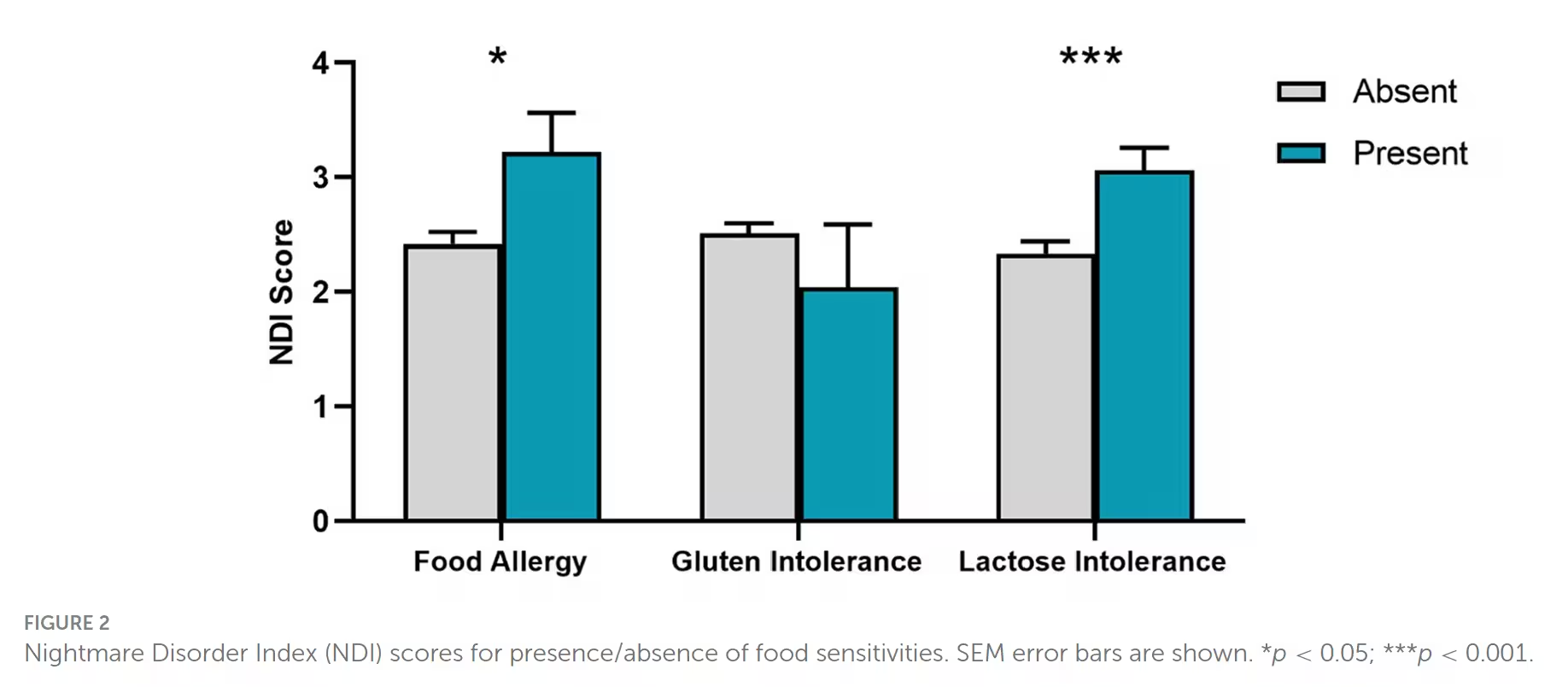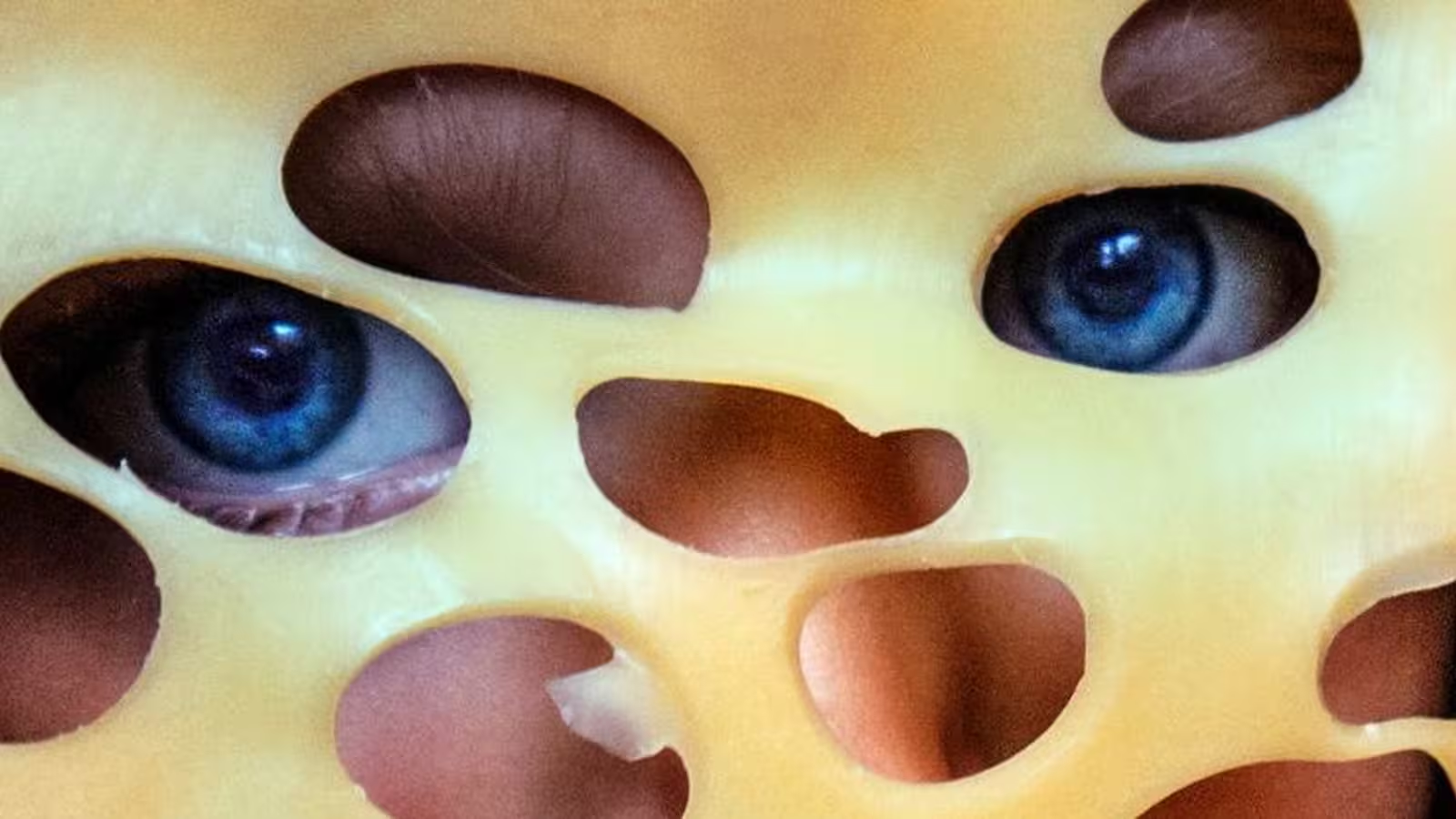4 Minutes
Background: The Curious Connection Between Food and Sleep
For years, anecdotal reports have connected late-night snacks—particularly dairy products like cheese—to unusual dreams and intense nightmares. While this widespread belief has persisted in popular culture, scientific evidence directly linking specific foods to changes in dreamscapes remained limited. New research is bringing clarity to this longstanding question, offering insights into how what we eat before bed might tangibly influence the quality and content of our sleep and dreams.
The Study: Examining Diet, Sleep, and Dream Patterns
A recent investigation led by Dr. Tore Nielsen, a neuroscientist specializing in dream research at the University of Montreal, sheds light on this intersection of diet and sleep science. Alongside his research team, Nielsen recruited over 1,080 psychology students from MacEwan University in Canada to participate in a comprehensive online survey. Participants reported on their evening food choices, general dietary habits, sleeping patterns, and the nature of their dream experiences—including both general recall and the occurrence of nightmares.
A key component of the survey explored whether participants perceived a link between the types or timing of food they consumed before bed and the resulting quality of their dreams or sleep. Though only 5.5% of students explicitly credited specific foods with changes in dream activity, dairy products—especially cheese—stood out as one of the main culprits they blamed. Sweets and desserts were also frequently implicated. Among those who noticed an effect, 31% attributed distressing or bizarre dreams to sugary foods, while 22% suspected dairy.
Gut Health, Food Sensitivities, and Dream Disruption
Analyzing the collected data, researchers identified a strong association between food intolerances (such as lactose intolerance), food allergies, and disrupted sleep accompanied by negative or vivid dreams. For people suffering from digestive issues like gas or stomach pain—common symptoms of lactose intolerance—sleep quality tended to decline. These disruptions may increase both the likelihood of experiencing nightmares and the ability to remember them. Dr. Nielsen explains, "Nightmares are worse for lactose-intolerant people who suffer severe gastrointestinal symptoms and whose sleep is disrupted. Bodily sensations can directly impact the content and quality of dreaming."
These findings suggest potential avenues for alleviating nightmares by modifying diets for individuals with specific sensitivities or allergies. Addressing gut discomforts could not only improve gastrointestinal health but also lead to better, less disturbed sleep with fewer negative dream episodes.

Diet Quality, Dream Recall, and Nighttime Experiences
The survey revealed a further intriguing pattern: those who described their diets as healthier—including more intuitive eating and less food consumption late in the day—tended to recall dreams more clearly without experiencing an uptick in nightmares. On the other hand, participants who leaned towards unhealthy eating habits before bedtime, such as consuming junk food or large meals, were more likely to report negative dream content and frequent nightmares—though these individuals tended to remember fewer details about their dreams.
Limitations, Ongoing Questions, and Future Research Directions
While the study provides valuable insights, Dr. Nielsen cautions that its scope was limited to a specific demographic: self-reported data from university students. This sample may not fully represent broader populations with diverse backgrounds and age groups. The research also does not directly identify the biological mechanisms underlying the apparent influence of food on sleep and dreams.
As Dr. Nielsen notes, "We need to expand our studies to include people from various age groups, professions, and dietary backgrounds to determine if these results hold true across the general population. Experimental trials are essential to confirm whether distinct foods, such as cheese compared with non-dairy controls, have measurable effects on sleep architecture or dream content."
Conclusion
The latest study offers compelling evidence that what we eat before bedtime—especially dairy products like cheese—can be linked to dream disturbances and nightmares, particularly in people with food intolerances or gastrointestinal sensitivities. While further research is needed to establish causality and underlying mechanisms, modifying evening eating habits may offer a practical way for some individuals to improve both their sleep quality and dream experiences. As scientific understanding of the food-sleep-dream relationship deepens, it could lead to new recommendations for both sleep health and dietary practices.
Source: doi



Comments